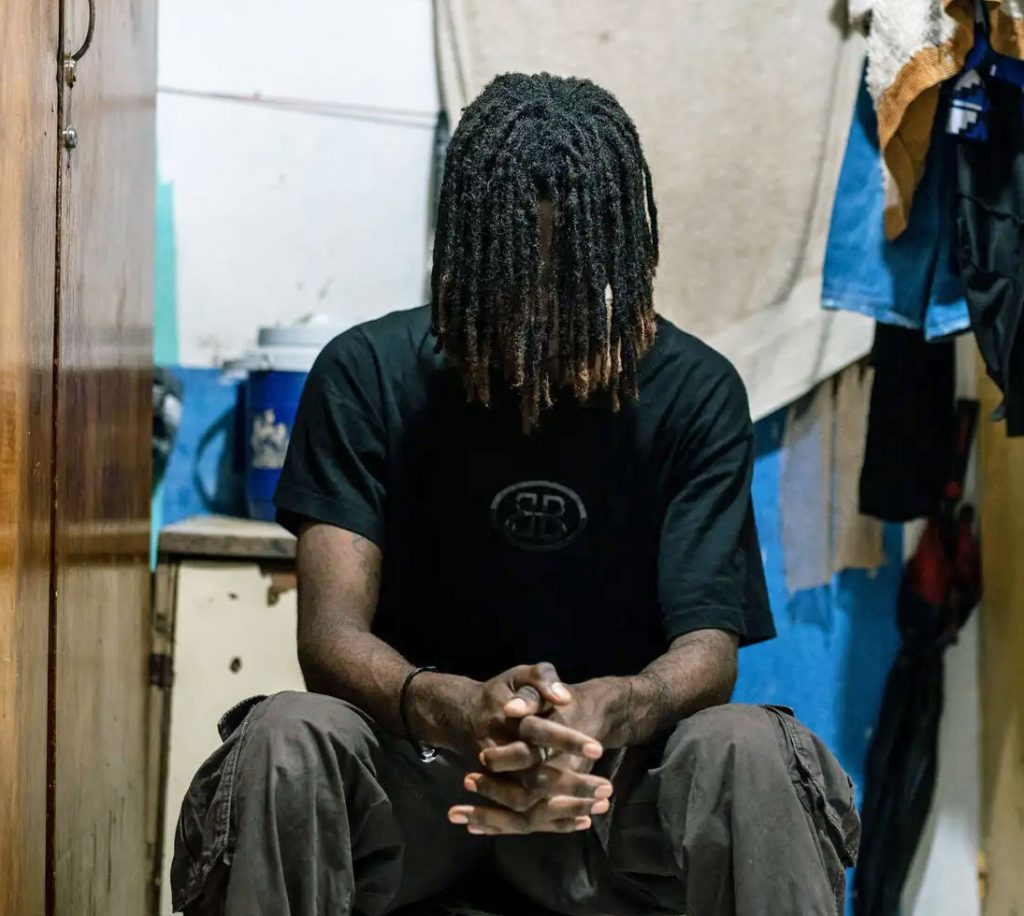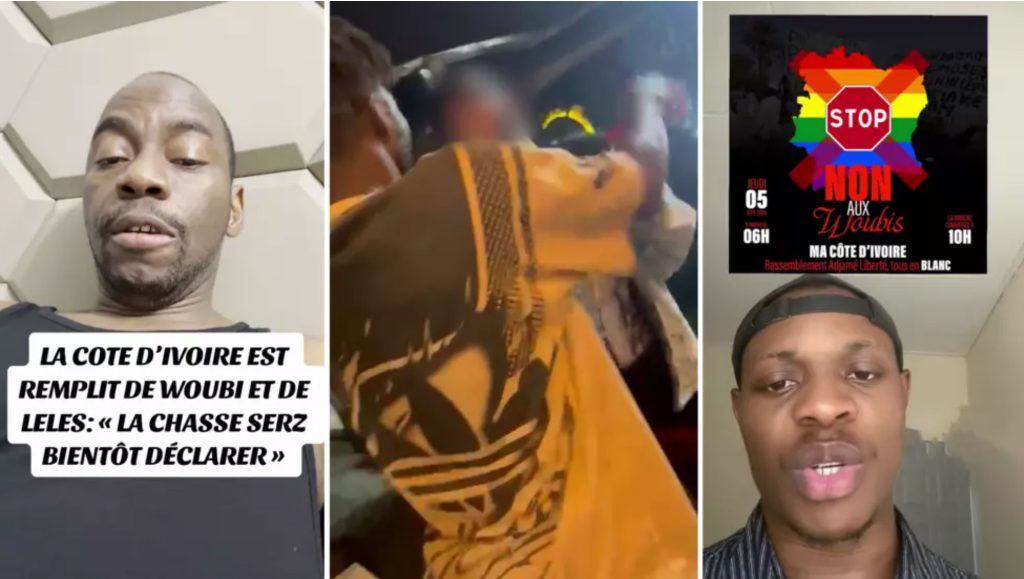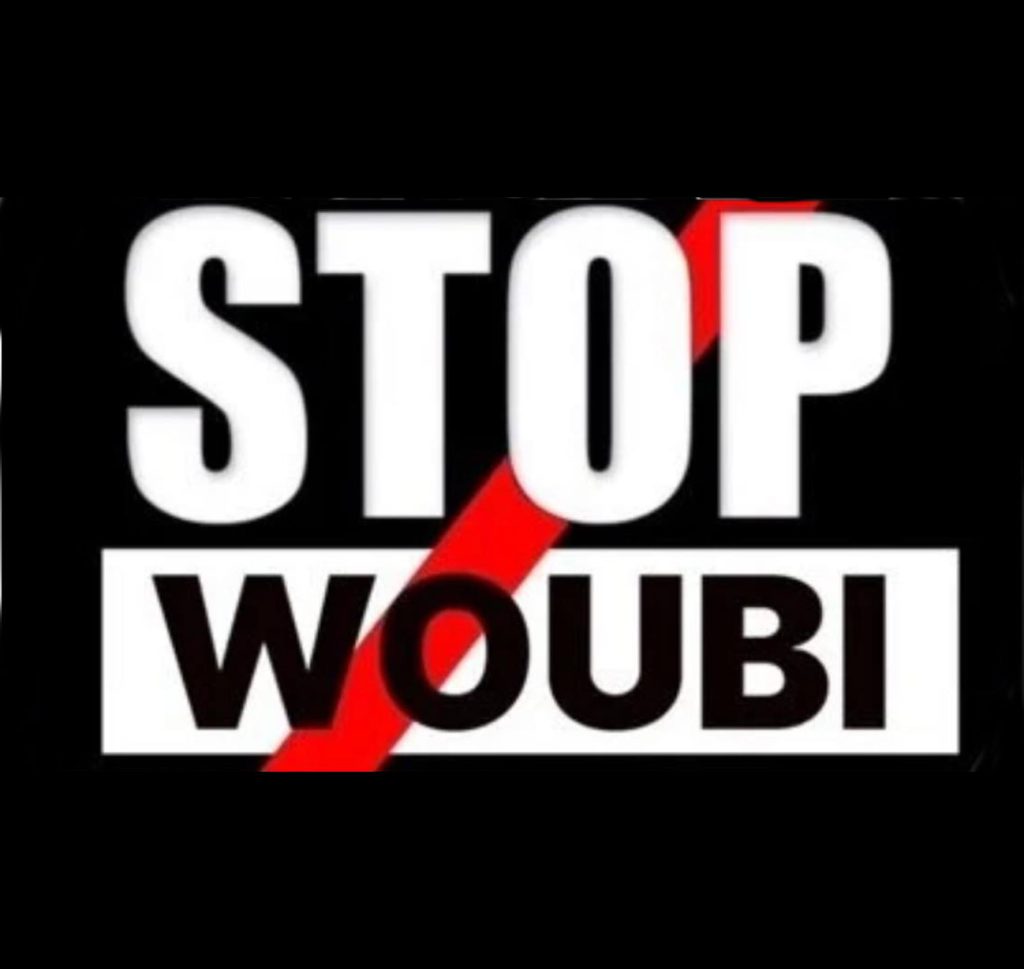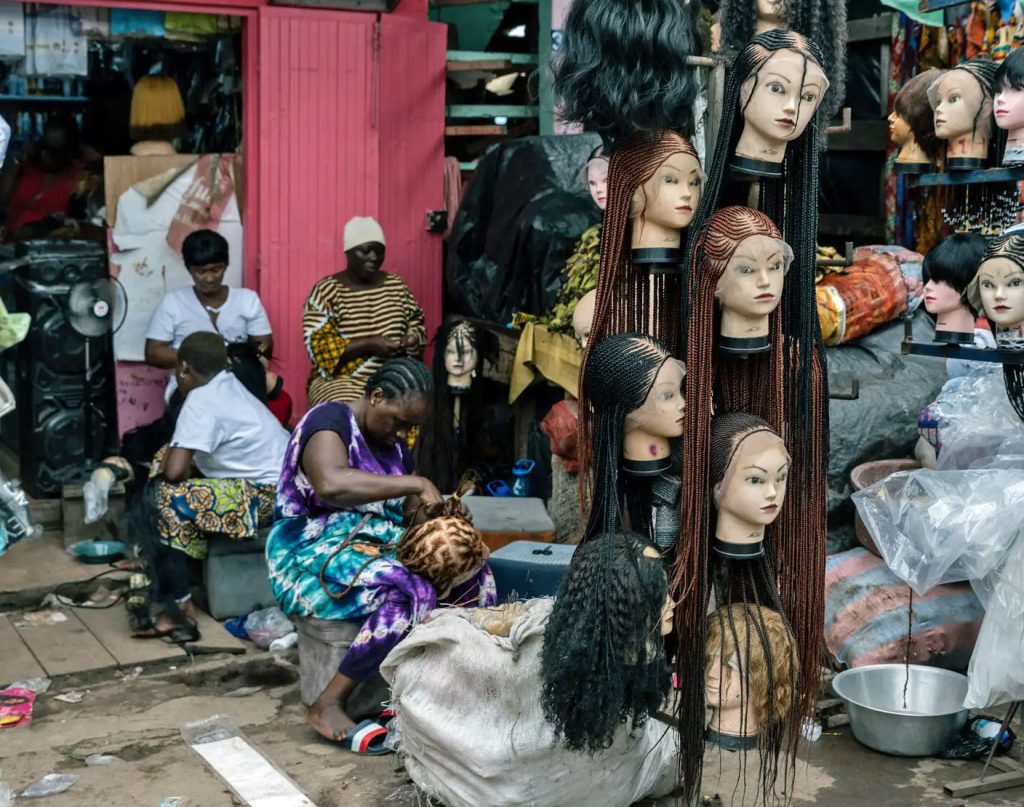As homophobic influencers peddle lies and hatred, wave of assaults hits Ivory Coast
Colin Stewart is a 45-year journalism veteran living in Southern…
Attacks and intimidation have shaken gay Ivoirians’ sense of safety
Anti-LGBT hatred is surging in the formerly somewhat safe West African nation of Ivory Coast, as this news site reported last month in the article “Ivory Coast: Human rights defenders seek to block wave of anti-LGBT hatred.”
The New York Times followed last week with an in-depth article on the dangerous situation:

Gay People Are Hunted Down and Beaten in a Country Once a Refuge
Ivory Coast, long considered one of West Africa’s most tolerant societies, has recently seen a string of assaults on L.G.B.T.Q. people after several social media influencers exhorted their followers to “hunt” gay men.
By Elian Peltier
Ivory Coast had long been a haven for L.G.B.T.Q. people, even as they faced discrimination or persecution elsewhere in West Africa. But over the past two months, dozens of assaults, beatings and intimidation online and in the streets have shaken that sense of safety.
Dozens of gay men and transgender people said in interviews and testimonies collected by rights groups that they had been attacked and beaten in Ivory Coast’s largest city, Abidjan, after several social media influencers exhorted their followers to “hunt woubis,” a term referring to effeminate gay men in the country that has become a catchphrase to designate a stigmatized community.
Fans in a soccer stadium deployed a banner with a homophobic slur, to the cheers of other supporters.
And the nation’s youngest lawmaker, who belongs to the same party as President Alassane Ouattara, has promised to introduce a bill in Parliament to “counter the expansion” of homosexuality.
Rights groups now fear that the overt hostility that L.G.B.T.Q. people have faced in other West and Cental African countries is taking root in Ivory Coast.
“Ivory Coast was an oasis of peace for the community,” said Carlos Idibouo, an Ivorian L.G.B.T.Q. activist and consultant on gender issues. “Now we wonder, are people safe?”
More than 30 of Africa’s 54 countries criminalize same-sex sexual activity, including many with laws that date from the British colonial period. Last year, six took steps toward harsher anti-gay laws — including Ghana, Ivory Coast’s neighbor, and Uganda, where one of the world’s most restrictive anti-gay laws now calls for life imprisonment for anyone engaging in gay sex.
Homosexuality is neither legal nor illegal in Ivory Coast, a multicultural nation of about 30 million people that takes pride in its culture of hospitality. And Abidjan, known for its bustling music, fashion and arts scenes, has long been a favorite spot for regional meetings held by rights groups and queer organizations.
Younger generations of L.G.B.T.Q. people have also — until recently — felt free to meet their partners or Tinder dates in bars, open-air restaurants and festivals.
But many, like Franck Blé, a 21-year-old hairstylist who is gay, cannot do so anymore.
Last month, Mr. Blé said in an interview, he was smoking a cigarette one morning in the neighborhood of Abidjan where he lives when two men approached him to ask, “Your friends who behave like women, where are they?” They hit Mr. Blé with stones and sticks, he said, leaving him with a bloodied face, a black eye and a broken brow ridge.
That attack was one of more than 45 assaults on L.G.B.T.Q. people recorded since early September by Gromo, an Ivorian L.G.B.T.Q. group.
The recent wave of homophobia began on social media. This summer, several influencers accused the Ivorian government of seeking to favor L.G.B.T.Q. people through a law that would protect any citizen’s “sexual orientation.” And last month, social media users shared a fake video purporting to show President Emmanuel Macron of France declaring that he had asked Mr. Ouattara to legalize same-sex marriage.

Mamadou Touré, the deputy spokesman for the Ivory Coast government, said in an interview that it was committed to protecting every Ivorian, but that it was not seeking to legalize same-sex marriage.
With a presidential election scheduled for next fall, political analysts and rights groups in Ivory Coast now fear that a candidate or a foreign power could stoke homophobic hatred to garner support during the campaign.

One influencer, Camille Makosso, has called on his followers to help “stop the plague of woubisme and the advances of AIDS in Ivory Coast” — despite, as the United Nations has documented, a steady decrease in new H.I.V. infections in the country. (And most new H.I.V. infections among Ivorians occur among heterosexual people, according to UNAIDS.)
Mr. Makosso’s TikTok account was suspended after he encouraged his followers to “hunt” gay men in a video. But homophobic messages on some of his other social media accounts are still online, and some followers heeded his calls for violence.
One evening in early September, crowds of young men burst into a popular market in Abidjan’s Yopougon neighborhood, where gay Christian stylists braid clients’ hair next to Muslim women selling traditional clothing. “Gays must go,” the young men shouted as they ransacked the salons, according to half a dozen hair stylists and residents.Virgil Koré, a hairstylist who is gay, said he had broken his ankle when he jumped over a guardrail to escape the attackers and abruptly landed 10 feet below.
“They would have killed them that night,” said his employer, Maimouna Soumaoro, as Mr. Koré grimaced in pain from his aching ankle on a recent evening and trudged around the client whose hair was being braided.
Mr. Touré, the government spokesman, accused activists in neighboring countries whose governments are openly hostile to Ivory Coast’s, like Burkina Faso and Mali, of provoking the online campaign at a time when military-led governments in the region have increasingly aligned themselves with Russia and pro-Russian disinformation has flooded online media spaces of some West African countries.
But he also struck a warning tone toward L.G.B.T.Q. people in Ivory Coast.
“Ivory Coast is open, but it remains an African country where these topics remain contrary to our values,” he said, adding that L.G.B.T.Q. people should not “fall into provocation.”
The recent incidents have fractured the Ivorian L.G.B.T.Q. community, with some younger activists wanting to make noise while older ones have urged them to let the storm pass.
Although the string of recent physical attacks has subsided, many L.G.B.T.Q. people in Abidjan have stopped meeting in public and go out only at night, more than half a dozen of them said in interviews.
Mr. Blé, who was assaulted while smoking a cigarette, said he hadn’t returned to work since.





